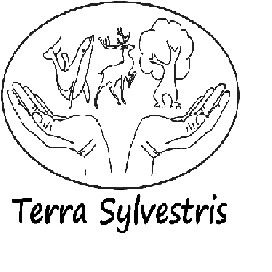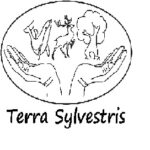
Purpose of the station
Our goal is for the station to function as a year round base for the monitoring programs of our Kalamos and Kastos sustainable development program including the volunteers participating in our activities through our field volunteer program , researchers and related field practitioners working in various projects in Kalamos and the surrounding marine and terrestrial region. The station is also here to function as an educational and discussion center promoting awareness towards protection of ecosystems and the environment and in finding solutions to various related issues. It is also a point of hospitality for our ecotourist services guests wishing to enjoy the nature our region has.
Thematic areas where work is either done or could potentially be done
- Sustainable agriculture and agroforestry
- Forest ecosystem Restoration
- Restoration of agricultural diversity
- Restoration of marine ecosystems
- Sustainable fisheries management
- Anthropogenic impacts on marine and terrestrial ecosystems
- Anthropogenic pollution measurement and reduction
- Wildlife monitoring and management
- Ecosystem monitoring
- Land use rights
- Marine tenure
- The economics of sustainable development
- Rights of use of natural resources
- Biocontrol of introduced species
- Social justice and related issues in natural resource management and sustainable development
- Applied animal and plant biological conservation
- Modeling of biological populations
- Marine ecology
- Plant ecology
Location
Our biological field station is situated in Kalamos Island in Greece in the outskirts of the main village of the island called Kalamos. Kalamos Island is situated in the core of the fifth largest marine protected area in Greece and one of the largest in the Mediterranean, the inner Ionian Archipelago Natura 2000 conservation area .The area is an important biological conservation area and one of the last strongholds of the critically endangered Mediterranean monk seal. On land, we have a wide variety of unspoilt habitats including agricultural land and native forest in various stages of regeneration. The island of Kalamos itself has been so far proven to be the botanical diversity hotspot for all the ionian islands.The islands of the area are considered a prime habitat for many species of birds including many migratory and threatened ones. Birdlife international has declared them as one of the 186 areas that are important for the birds of Greece worthy of official protection status.
-

- Europe
- Kalamos Lefkados
- Kalamos
- 31081
- Greece
- Ionian Islands
- 38
- 20
- tedkarfakis@terrasylvestris.org
- https://www.terrasylvestris.org/
- 2015
- 2016
- Theodore N.Karfakis
- tedkarfakis@terrasylvestris.org
- Station director
- Kalamos Lefkados
- Theodore N.Karfakis
- tedkarfakis@terrasylvestris.org
- tedkarfakis@terrasylvestris.org
- Terra Sylvestris
- contact@terrasylvestris.org
- tedkarfakis@terrasylvestris.org
- $0 - $50,000
- 1-100
- Yes
- No
- Yes
- Iracambi Atlantic rainforest research and conservation center
- Yes
- Yes
- Yes
- 1-2
- 1-2
- 11-20
- 1-25
- Yes
- On Grid
- 0-20 minutes
- Yes
- Undergraduate
- Yes
- Yes
- Marine
- Intertidal - rocky
- Temperate Grassland
- 0-100 meters
- 751-1500 meters
- C (temperate)
- Yes
- Urban
- Yes
- Yes
- Yes
- Yes
- Yes
- Yes
- Yes
- 40
- 60
- Year Founded
- 2015
- Year Joined OBFS
- 2016
- Size of Field Station (hectares)
- 1-100
- FSML Web Address
- https://www.terrasylvestris.org/
- Private nonprofit organization?
- Yes
- Universities affiliated / Parent Organization
- No
- Federal, state, or local governmental partners?
-
No
- Member of the Virtual Field
- Yes

